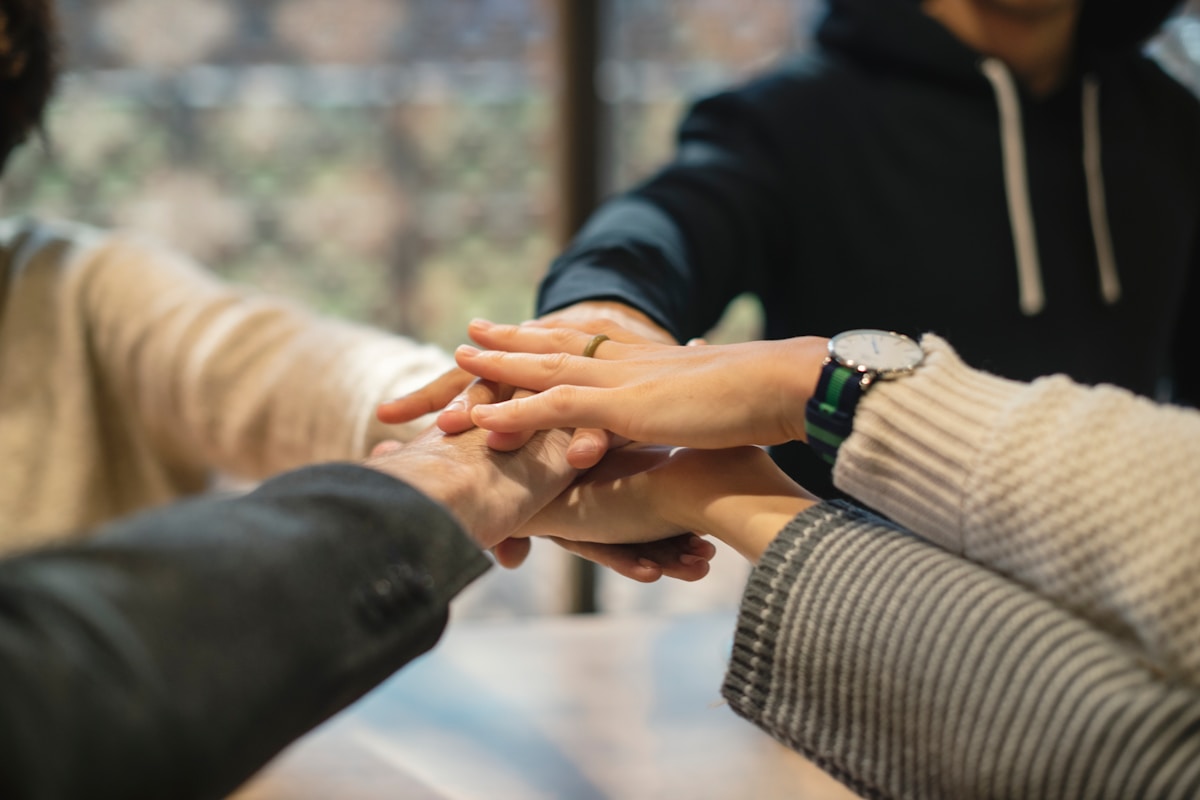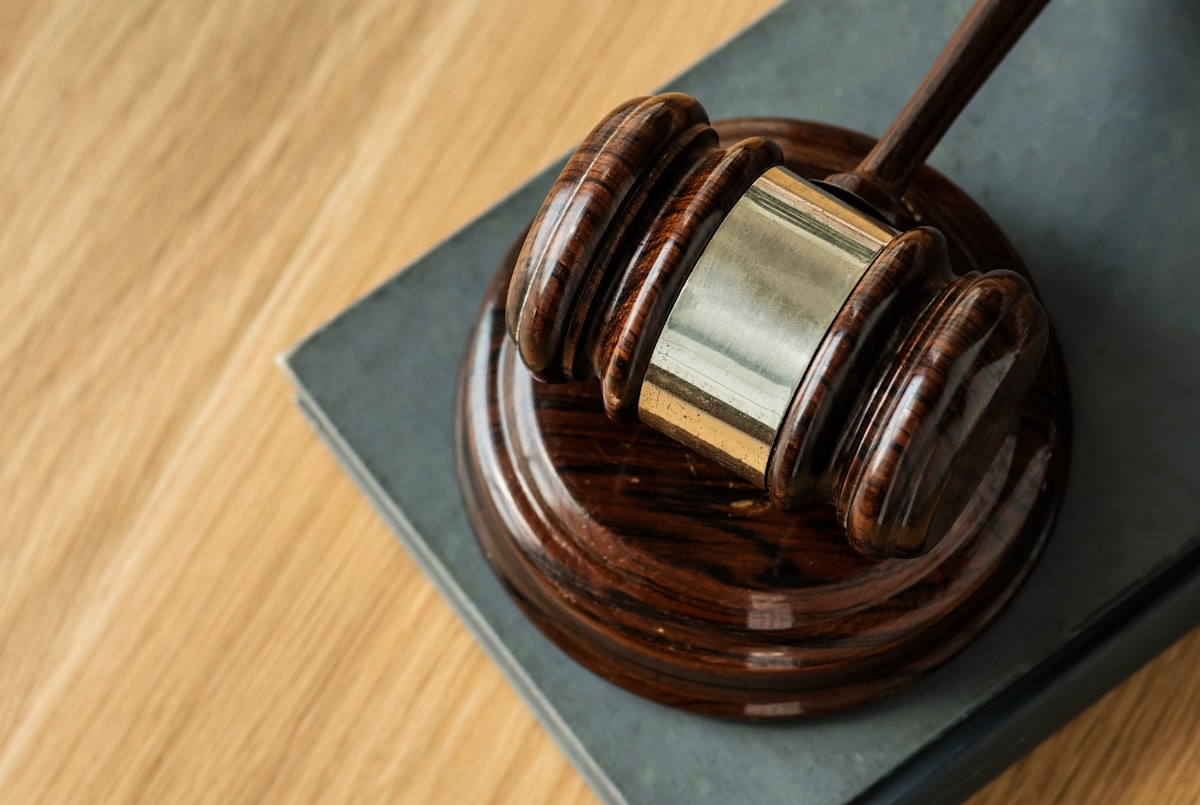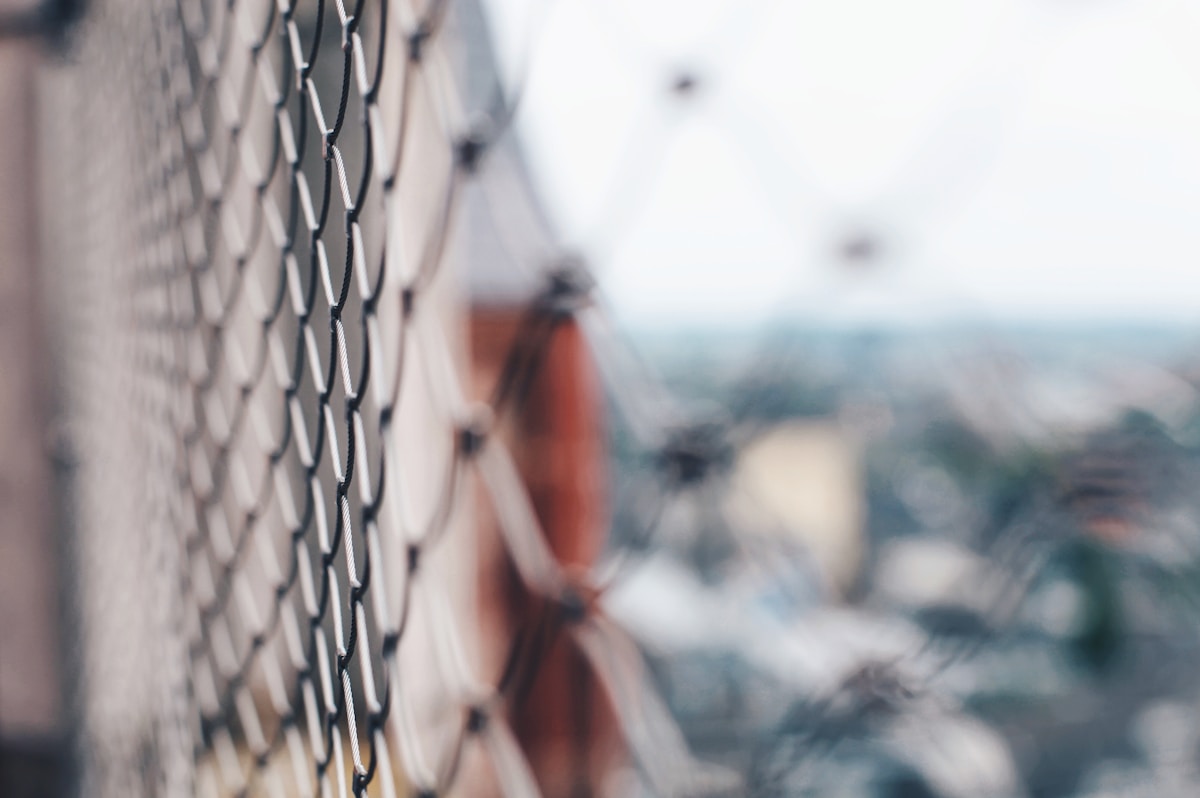
Prostitution, human trafficking, sexual exploitation...
new answers
Year after year, these realities are further disrupting our societies. Public opinion is stirred and authorities are addressing the issue: governments are commissioning studies, parliaments are setting up thinking committees, media are debating, etc. Beyond these observations, appropriate legislative and judicial responses are emerging and lines of action have been identified.
Initiate the governance of Internet
The past few months have reinforced the growing awareness of the online sexual exploitation phenomenon. Online platforms, which can facilitate the perpetration of these abuses, are now being held liable. In the United States of America, the adoption of the FOSTA/SESTA law allowed the authorities to seize Backpage, a website specialized in dating offers and paid sexual acts.
In France, an online advertising platform prosecuted for aggravated procuring offences closed its “Encounters” section. These are the first significant milestones towards an authentic governance of the Internet.
- Act together through international cooperation
Multilateral or bilateral judicial assistance treaties have been finalized between countries to facilitate police and judicial cooperation, and implement information exchange, in order to dismantle networks and provide better protection to victims.
Successful achievements have convinced governments that international cooperation is a form of action to develop to combat human trafficking, a transnational criminal phenomenon.
- Train and raise awareness
By informing communities that have been confronted with victims, we advance the fight against the system of prostitution and further the collective awareness. Initiatives in this direction are numerous and have a positive impact. The training of judges and procurers allows for a better application of the laws and for an allocation of sanctions meeting the level of crimes committed. Awareness-raising among law enforcement agents and social workers improves the identification and the care given to victims.
Educating tourism professionals, hotel staff, taxi companies, and others helps to fight against the development of sex tourism. Last but not least, the awareness-raising of the general public works against the normalization of prostitution, and more largely, sexual violence, broadcasted by the media.
- Reverse the criminal liability and criminalize the purchase of sexual acts
The legislation model, often referred to as the Nordic Model, created in Sweden in 1999, introduced the decriminalization and the support of prostituted persons, the incrimination of the purchase of sexual acts, the penalization of sex buyers and procurers, awareness-raising among the population, and prevention.
The main objective, by inverting the criminal liability and by recognizing prostituted persons as victims, is to denounce prostitution as a violence perpetrated against women, as well as a breeding ground for the development of criminality. While regulationist countries, such as Germany and the Netherlands, are overwhelmed by violence and crime, Sweden has the lowest rates of human trafficking and prostitution in Europe. Today, Norway, Iceland, Canada, Northern Ireland, France, Ireland, and most recently Israel have adopted this model.
- Abolish borders with extraterritorial legislation
In the fight against sex tourism, extraterritorial criminal laws have been introduced in the home countries of sex buyers to target citizens of these countries (and sometimes their residents and visitors).
They offer an appropriate response to the inadequacy of repressive laws in some destination countries, which constitute an implicit incentive for the development of this phenomenon. Admittedly, prosecutions are difficult to initiate due to the geographical distance. Yet, the first convictions have demonstrated the efficiency of these measures.
- Restoring reality and priorities
Prostitution is neither work nor sex: it is the commodification of the human person. The knowledge we have acquired since 1994 about the realities of prostitution allows us to affirm that prostitution is violence. After a few years, prostitutes suffer the same traumas as those who returned from the extermination camps of the last war.
It is no coincidence that people exiting prostitution call themselves "survivors". In all the countries studied, we note the high vulnerability of people when they enter prostitution (at the average age of 13 years!). Prostitution is highly violent and pimps attack people in vulnerable situations.
© 2018







